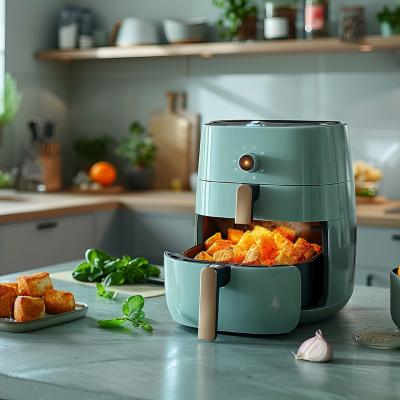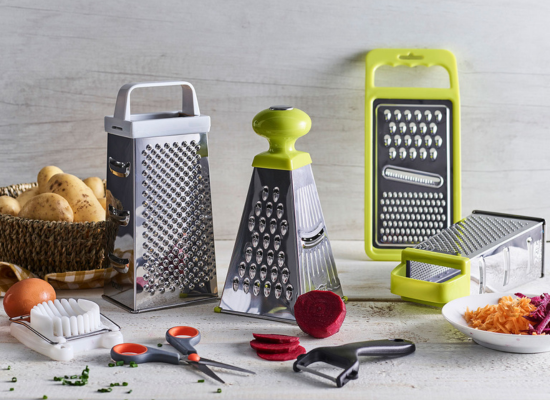
Milk is essential for newborn babies, as it is packed with nutrients that help support their development. They should only have milk, especially breast milk or formula, as these have been designed to meet their specific nutritional needs.
However, sometimes parents may find themselves in a situation where they need to give their baby cold milk to drink. While there are no definitive risks of doing so, it is generally not recommended. Babies usually want to have warm milk as it is soothing to them and also comfortable for their digestion system.
The temperature of the milk is a key factor that parents need to keep in mind when it comes to feeding their babies. It is important that milk is not too cold or too hot for babies.
This can be especially tricky with cold milk, as some parents might be tempted to give their baby cold milk from the fridge.
There are a few consequences of feeding cold milk to babies. Firstly, it can be difficult for babies to digest cold milk.
Another problem with cold milk is that it can cause a baby to become constipated. Finally, cold milk can irritate the baby’s stomach, and this can lead to them crying for long periods of time.
This article will discuss whether or not it is safe to give cold milk to the baby, the consequences of feeding cold milk to babies, and the proper instructions on feeding milk to the babies.
Consequences of Drinking Cold Milk for Babies
There are no proven risks of feeding babies cold milk. In fact, according to Healthline, you can also try giving a frozen breast milk bag to your teething baby as a type of comfort relief.
But, some people have the idea that cold and refrigerated milk can contain germs and if it is not warmed properly it will be harmful to the babies.
Though there is no evidence of this concept, parents popularly choose to feed their babies warm milk.
However, drinking cold milk might show some consequences for some babies:
- Babies’ digestive systems are still developing, and so they can sometimes struggle to process cold milk properly. It can happen when the milk is not warmed up properly, and so it will not have been broken down into the right size for the baby’s digestive system. As a result, it can lead to a tummy ache and diarrhea.
- If the milk is harder to digest, it stays in the baby’s system for longer. This can lead to problems such as constipation or even fecal vomiting.
- Cold milk can also cause a baby to have colic. Drinking cold milk can irritate the baby as they may not find it comfortable, and lead to them crying for long periods of time.
LEARN MORE: Can Babies Eat Dragon Fruit?
It Is Safe to Give Your Baby a Cold Formula to Drink
A formula is a mixture of nutrients that are given to infants or young children instead of breast milk.
Breast milk contains all the nutrients that a baby needs in the first six months of life, but some mothers choose to give their babies formula because they are working or cannot breastfeed.
The formula is also recommended for premature babies and babies with health problems.
If you are worried to feed your baby a cold formula then you should know, it is completely safe.
However, you should always test the formula on your wrist before giving it to your baby to make sure that it is not too cold. If the formula is too cold, it can cause stomach cramps.
In these cases, the baby can drink cold formula, but there are some things you should know.
For one, babies may not be as hungry when they eat a chilled bottle, so you may need to feed them more frequently. Additionally, when babies drink cold formula, they may experience gas or cramps.
If you do decide to feed your baby cold formula, be sure to hold the baby upright and burp them frequently.
This will help to alleviate any discomfort they may feel. Additionally, make sure that the nipple on the bottle is not too cold, as this can cause the baby’s lips and tongue to stick.
LEARN MORE: Can Bacon Grease Go Bad?
How to Give Your Baby Refrigerated Cold Milk for Drinking
Many working mothers tend to refrigerate breast milk because it is easier to store.
According to breast milk storage guidelines from verywellfamily.com, breast milk may be kept in the refrigerator, freezer, an insulated bag, and even at room temperature.
The milk can last for up to 3 days in the fridge and 2 weeks in the freezer.
It is perfectly safe to give your baby cold milk as long as you follow these simple steps:
- When you thaw frozen breast milk, it is important that your bags or containers of milk have a date on them. It’s best to start with the oldest bottle of breast milk.
- You can defrost breast milk by putting it in a bowl of warm water, or holding it under warm running water. You should not thaw frozen breast milk at room temperature.
- Don’t heat up breast milk in a microwave or in a pot of water on the stove. Afterward, you can warm up the milk to use right away, or you can wait up to four hours and put the milk in the fridge for up to 24 hours.
LEARN MORE: Can Dates Be Frozen? A Comprehensive Guide
Proper Way of Giving Milk to the Baby for Drinking
It is important to make sure that the baby is getting all of the nourishment that they need in order to grow and develop properly.
Babies need milk to help them grow strong and healthy. There are a few things to keep in mind when feeding milk to a baby.
According to Mayo Clinic, breast milk is the best food for babies. If you can’t breastfeed, using infant formula would be the right choice. Newborns don’t require cereal, water, juice, or other drinks.
Babies need to drink breast milk or formula until they are at least a year old. Breast milk and formula contain antibodies that help protect babies from infections.
You should always consult with your pediatrician to make sure that your baby is getting all of the nutrients they need.
You should never feed your baby milk directly from the refrigerator. Take it out from the refrigerator, thaw it and wait for it to come to room temperature.
If your baby is over 12 months old, you can give them cold milk if they like the taste. You can also give them food that is meant for older children, such as cheese, yogurt, or cereal.
LEARN MORE: Can Dates Go Bad?
Conclusion
When it comes to what you feed your baby, you want to make sure that they are getting the most nutritionally dense and healthy foods possible.
However, sometimes baby might not be feeling well and you may not have a heated bottle of milk on hand. In this case, it is okay to give your baby cold milk.
Just keep in mind that cold milk may not be as beneficial as warm milk.
But, sometimes it is preferable to give the baby cold milk. Even if you can’t warm milk for the baby instantly, avoid using breast milk directly from the refrigerator to feed your baby.



